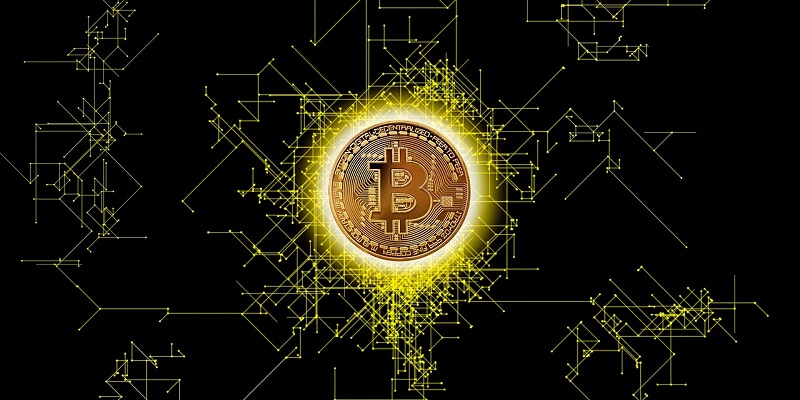With the rise of decentralized applications (dApps) on the Ethereum network, the need for an efficient scaling solution has become more pressing than ever. Polygon, a layer two scaling solution developed on Ethereum’s mainnet, has emerged as a game-changer in this space. This article will delve into the intricacies of Polygon and its native token MATIC, while also exploring the transformative potential of Bitcoin Spark in the blockchain development landscape.
Introduction to Polygon and MATIC
Polygon, formerly known as Matic Network, addresses the scalability issues faced by Ethereum by providing a layer two solution. By employing sidechains and a Plasma framework, Polygon enables faster and cheaper transactions while maintaining the security and decentralization of Ethereum’s mainnet. The platform’s native token, MATIC, not only acts as a means of transactional value but also serves as a gas token, reducing transaction costs for users.
Bitcoin Spark
In this era of technological disruption, Bitcoin Spark has emerged as a catalyst for the development of blockchain technology. By leveraging cutting-edge innovations and a forward-thinking approach, Bitcoin Spark aims to revolutionize the blockchain landscape. With a strong focus on scalability, security, and transparency, this project aspires to push the boundaries of what blockchain technology can achieve.
Trust and transparency on the platform
Trust and transparency are crucial elements for any blockchain platform to thrive. To ensure sufficient trust among participants, Bitcoin Spark has undergone thorough audits by three unique and comprehensive auditing platforms. This step not only demonstrates the platform’s commitment to security but also instills confidence in users and potential investors.
Encouraging validators
Validators play a vital role in maintaining the functionality and security of the Bitcoin Spark ecosystem. These validators are incentivized and rewarded for their participation through various mechanisms. By actively encouraging validators, Bitcoin Spark fosters a strong and diverse community that contributes to the robustness and reliability of the network.
Lightweight Mechanism for Network Accessibility
One of Bitcoin Spark’s key innovations is its lightweight mechanism, which allows lower-powered devices to participate in the network. This inclusivity enables a broader range of individuals to engage with the platform, promoting decentralization and democratizing access to blockchain technology.
Native Token Rewards
The backbone of the Bitcoin Spark ecosystem is its native token, BTCS. Validators are rewarded with BTCS for their efforts in securing the network, validating transactions, and maintaining consensus. These rewards not only incentivize participation but also contribute to the overall value proposition of the token, making it an attractive investment opportunity.
Token Distribution and Supply
Bitcoin Spark has a total token supply of 21 million tokens, which is distributed through various mechanisms. The mining pool reward and launch supply form the basis of the token distribution strategy. This approach ensures a fair and balanced allocation of tokens, enhancing the network’s stability and long-term sustainability.
ICO Phase and Pre-Sale Details
As the project progresses, Bitcoin Spark is currently in the presale stage, marking the beginning of the 5th ICO phase. This presale presents an incredible opportunity for supporters to get involved early and secure tokens at a favorable price. By participating in the presale, supporters also become part of the Bitcoin Spark community, gaining access to exclusive benefits and updates.
Bonuses and Capital Gains during Launch Period.
During the launch period on November 30th, network participants will benefit from a 9% bonus for each purchase made. Additionally, the potential for 436% capital gains further incentivizes early supporters to participate in the project. These bonuses and capital gains opportunities not only showcase the project’s growth potential but also reward early believers in the Bitcoin Spark vision.
Bitcoin Spark represents a significant leap forward in the field of blockchain technology. With its focus on scalability, trust, and transparency, this project has the potential to reshape the way we develop decentralized applications. Through the use of Polygon’s layer two scaling solution and the incentivization of validators with the BTCS token, Bitcoin Spark aims to bring about a new era of efficiency and accessibility in the blockchain industry. As the project progresses, it is poised to unlock a multitude of opportunities for users, developers, and investors alike.

